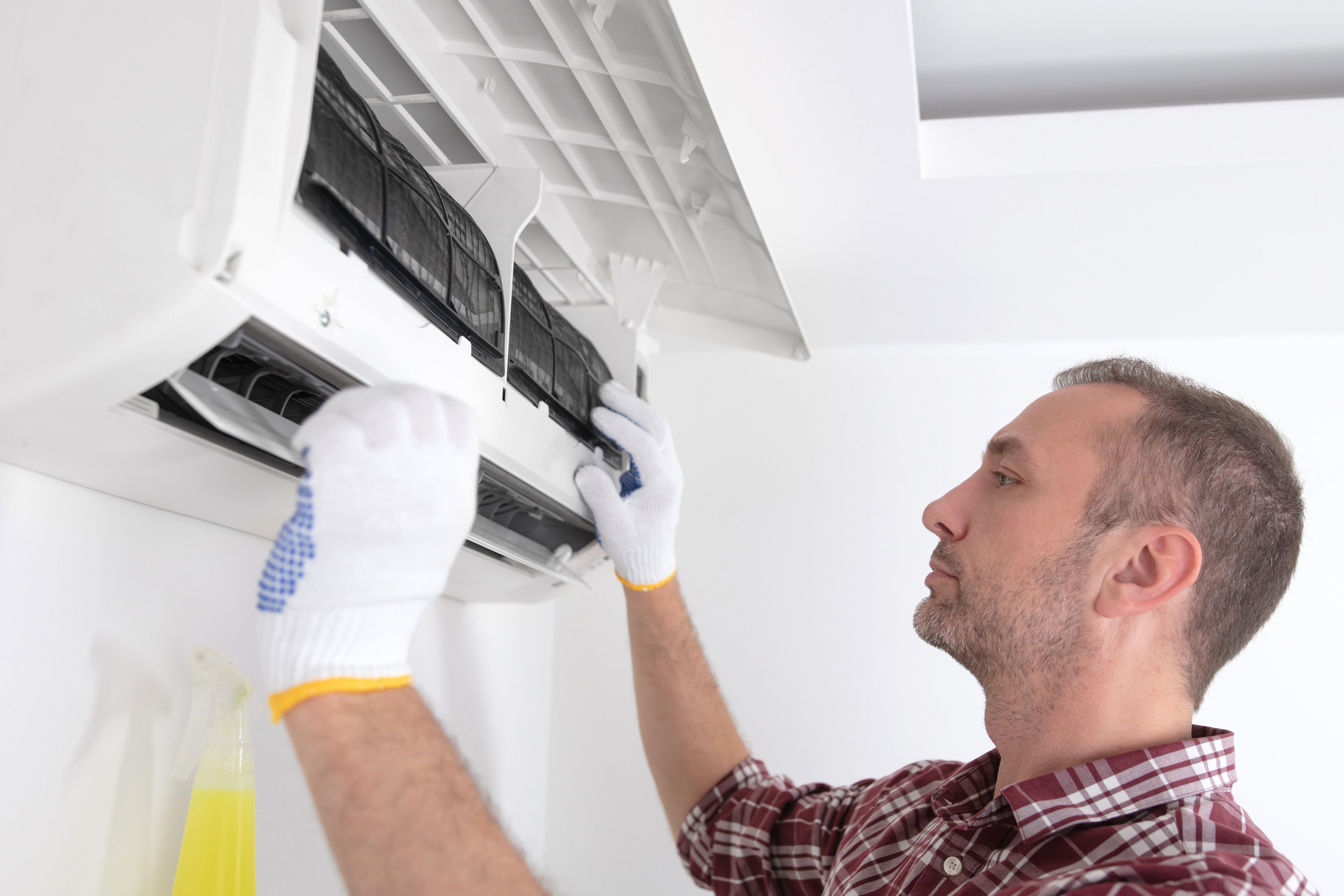As a homeowner, guaranteeing your HVAC system runs efficiently is crucial for maintaining a cozy living environment, especially important with shifting seasons. The heating, ventilation, and air conditioning system, usually known as HVAC, has a vital role in controlling indoor temperatures, providing fresh air, and ensuring proper humidity levels. Nonetheless, navigating the challenges of these systems can be intimidating, especially for those that are new to being homeowners or are new with how these systems work.
In this article, we'll review the top ten HVAC maintenance tips that all homeowner should know. From grasping the basics of how your HVAC system operates to recognizing common problems and knowing when to call in a professional, these tips will help you to manage your home's heating and cooling needs. With the right knowledge and practices, you can extend the life of your system, enhance indoor air quality, and in the end reduce money on energy bills. Let's dive into the essential maintenance strategies that will keep your HVAC system running smoothly year-round.
Understanding HVAC Technologies
HVAC stands for heating, ventilation, and air conditioning. It refers to the system that delivers indoor environmental comfort through thermostatic regulation, humidity regulation, and air quality management. A efficiently configured HVAC system plays a critical role in preserving a comfortable and well-balanced living space, making it an essential component of modern homes.
Heating units are responsible for warming the interior of a home. Common varieties include furnaces, heat exchangers, and water heaters. Cooling units, usually epitomized by air conditioning units, are designed to cool the interior atmosphere, delivering relief during warm months. Air circulation, often including the movement of outside air, is vital for ensuring indoor air quality, helping to eliminate pollutants and create a fresh atmosphere.
Understanding how these systems interconnect is key to efficient operation. The interplay between warmth and chilling manages indoor temperatures, while sufficient ventilation enhances air quality. Learning yourself with your HVAC system's components and roles can empower you to take informed choices about maintenance, upgrades, and sustainable practices.
Key HVAC Maintenance Tips
Consistent care of your HVAC unit is crucial for maintaining its performance and durability. One of the most straightforward yet highly effective suggestions is to replace your air filter every two to three and 3 months, depending on usage and the type of air filter. Dirty filters can block airflow and make your system to operate more leading to higher utility costs and likely damage. Keeping a regular schedule for changing air filters not just improves air quality while also enhances the total functionality of your HVAC unit.

One more vital maintenance tip is to arrange annual professional inspections and tune-ups. A qualified technician can detect and address issues before they escalate into high repairs. During these inspections, the technician will maintain the coils, check refrigerant levels, and make sure that all components are working properly. This preventative approach not only helps maintain performance but also extends the lifespan of your HVAC unit, saving you money in the long run.
Lastly, ensuring that your external unit is clear of debris is essential for optimal performance. Regularly check for leaves, grass, and additional obstructions that could restrict airflow. Maintaining the area around your outdoor condenser unit clear allows for better heat exchange, boosting efficiency. Additionally, think about covering the unit during extreme weather conditions to shield it from potential damage and maintain its operability when the season shifts.
Efficiency of Energy and Cost Savings
Improving the energy efficiency of your HVAC system can lead to significant savings on costs on your utility bills. Routine maintenance, such as replacing air filters and cleaning ductwork, ensures that your system operates effectively, reducing the workload on your HVAC units. By making minor adjustments, like sealing leaks around the windows and the doors, you can also prevent treated air from leaking out, which helps your HVAC system run less often and reduces costs.
Investing a advanced thermostat can improve energy efficiency. These devices allow you to program heating and cooling timings according to your lifestyle, ensuring that energy is not spent when you are not home. Additionally, https://anotepad.com/notes/2cwqrmbg can analyze your energy usage and suggest adjustments to optimize efficiency. The reduction in costs from lower energy consumption can swiftly offset the initial cost of purchasing a smart thermostat.
In conclusion, consider upgrading energy-efficient HVAC systems that are engineered for maximum performance with low energy use. Look for systems approved by Energy Star, which meet strict efficiency standards. While the initial investment may be higher, the future savings achieved through lower energy bills and potential government rebates can make it worth the expense. Adopting these energy-efficient practices not only advantages your wallet but also helps to a greener environment.
